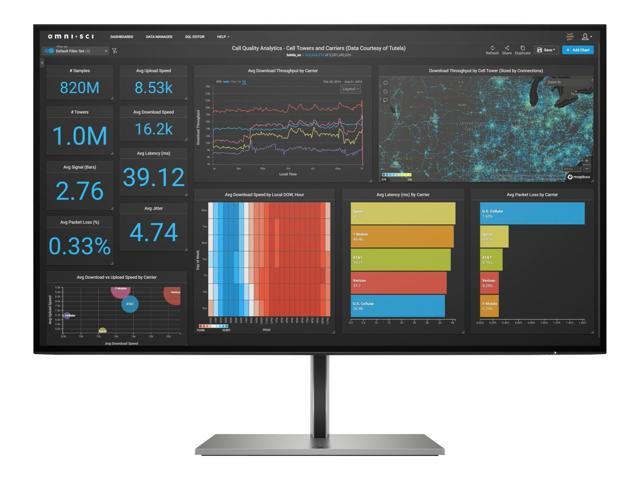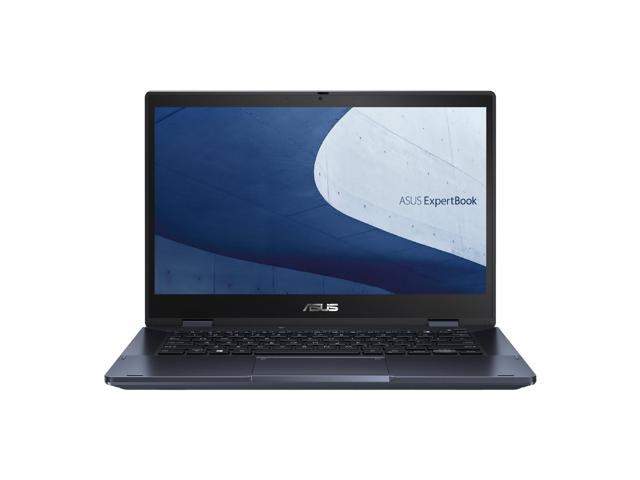On February 7, 2010, Viktor Yanukovych defeated Prime Minister Yuliya Tymoshenko to win Ukraine’s presidency. International monitors praised the conduct of the election, although Tymoshenko charged that the election had been fraudulent. Yanukovych was able to quickly to form a new parliamentary majority in the current parliament by inducing scores of supporters of the previous government to change sides. Government opponents charged that bribery and threats to the business interests of members were used to effect the change. The global economic crisis hit Ukraine hard. Ukraine’s real Gross Domestic Product (GDP) fell by an estimated 15% in 2009. The economy began to recover in 2010, and GDP increased by 4.7% in 2011, due in part to a surge in demand for Ukrainian steel exports. However, living standards for many Ukrainians remain low, leading to a rapid drop in Yanukovych’s popularity when compared to the period soon after his inauguration. Expected slow growth in western Europe will likely result in slower growth in 2012 for Ukraine as well. President Yanukovych has pursued closer ties with Russia, especially in the economic sphere. A major focus of his policy has been to seek reduced prices for natural gas supplies from Moscow. In April 2010, he agreed to extend the lease of the Russian Black Sea Fleet in Ukraine for 25 years in exchange for a reduction in gas prices. However, the impact of the deal on gas prices has been less than anticipated, as oil prices (on which Ukraine’s gas price is calculated) have soared due to unrest in the Middle East. As a result, Ukraine has sought additional gas price cuts from Moscow, so far without success.















